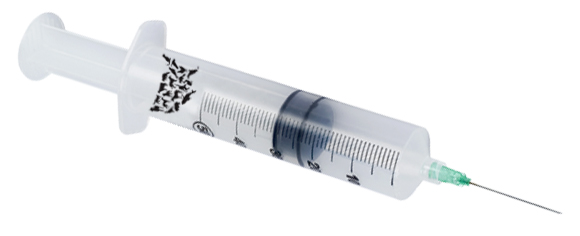No Kill: No Thanks to HSUS
 Last week USA Today had an interesting report on developments in the “no kill” sheltering community. In some localities in which a no-kill shelter has a contract with the municipality, the relationship has lead to financial issues.
Last week USA Today had an interesting report on developments in the “no kill” sheltering community. In some localities in which a no-kill shelter has a contract with the municipality, the relationship has lead to financial issues.
Cities are on tight budgets, but going no-kill has led to increased costs for some groups. One Maryland community that went no-kill successfully (to this point) relies heavily on community donations.
So what does this have to do with HSUS? For starters, the paper asked HSUS CEO Wayne Pacelle for his take:
Pacelle says he expects the national euthanasia rate to be cut in half within the next five years because of the growing "no kill" movement among animal advocates.
"It's a much more invigorated community than you saw three or four decades ago," Pacelle says.
Readers of USA Today might get the impression that Pacelle is some kind of no-kill leader. Considering the amount of euthanasia material that HSUS sells to shelters, that couldn’t be farther from reality. (Heck, the animals “rescued” by HSUS aren’t even necessarily safe.)
You see, HSUS sucks up donations from local communities by deceptively running ads full of dogs and cats. It’s no surprise most Americans mistakenly think HSUS spends most of its money on pet shelters. If it did, then more shelters under financial constraints could afford to go no-kill. These communities could be sources for their local shelters to go no-kill, or at least significantly reduce euthanasia rates.
However, HSUS gives just one percent of its budget to pet shelters, while it hoards around $200 million. One group in the USA Today story faced a shortfall of about $100,000 between its animal control spending and what it got from the city, for example—chump change to HSUS.
HSUS might retort that it’s involved in the Shelter Pet Project to promote adoptions. That’s certainly some help. But it’s not clear how much HSUS is providing toward that project, which was the genesis of other groups that later asked HSUS to tag along.
Need more? Outspoken (to put it mildly) No Kill activist Nathan Winograd lays it all out against HSUS.
We certainly hope to see the national euthanasia rate cut in half over the next five years. (A few years back Pacelle himself called no kill “almost unachievable.”) Such success will be because of the hard work of no-kill activists, not HSUS.



